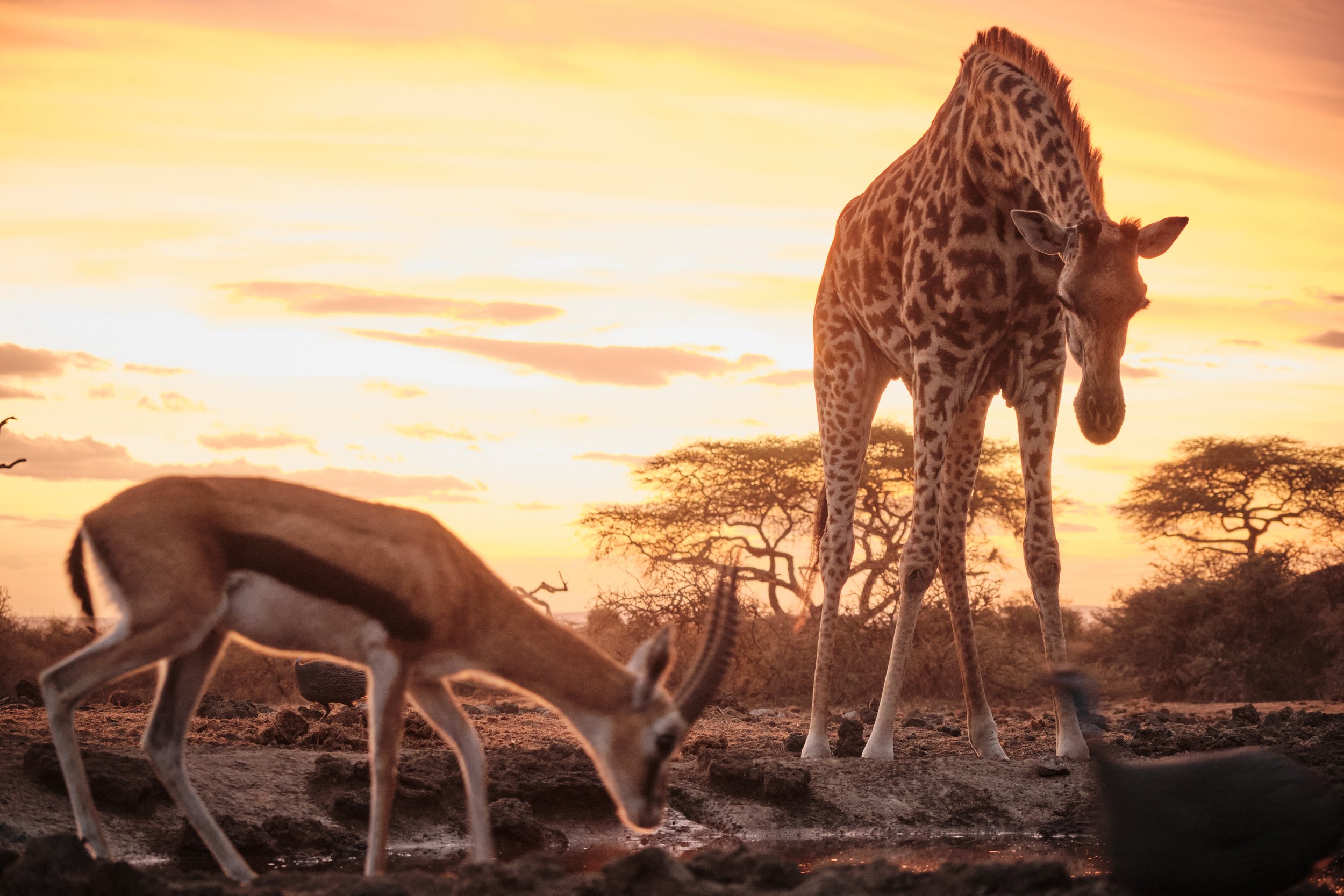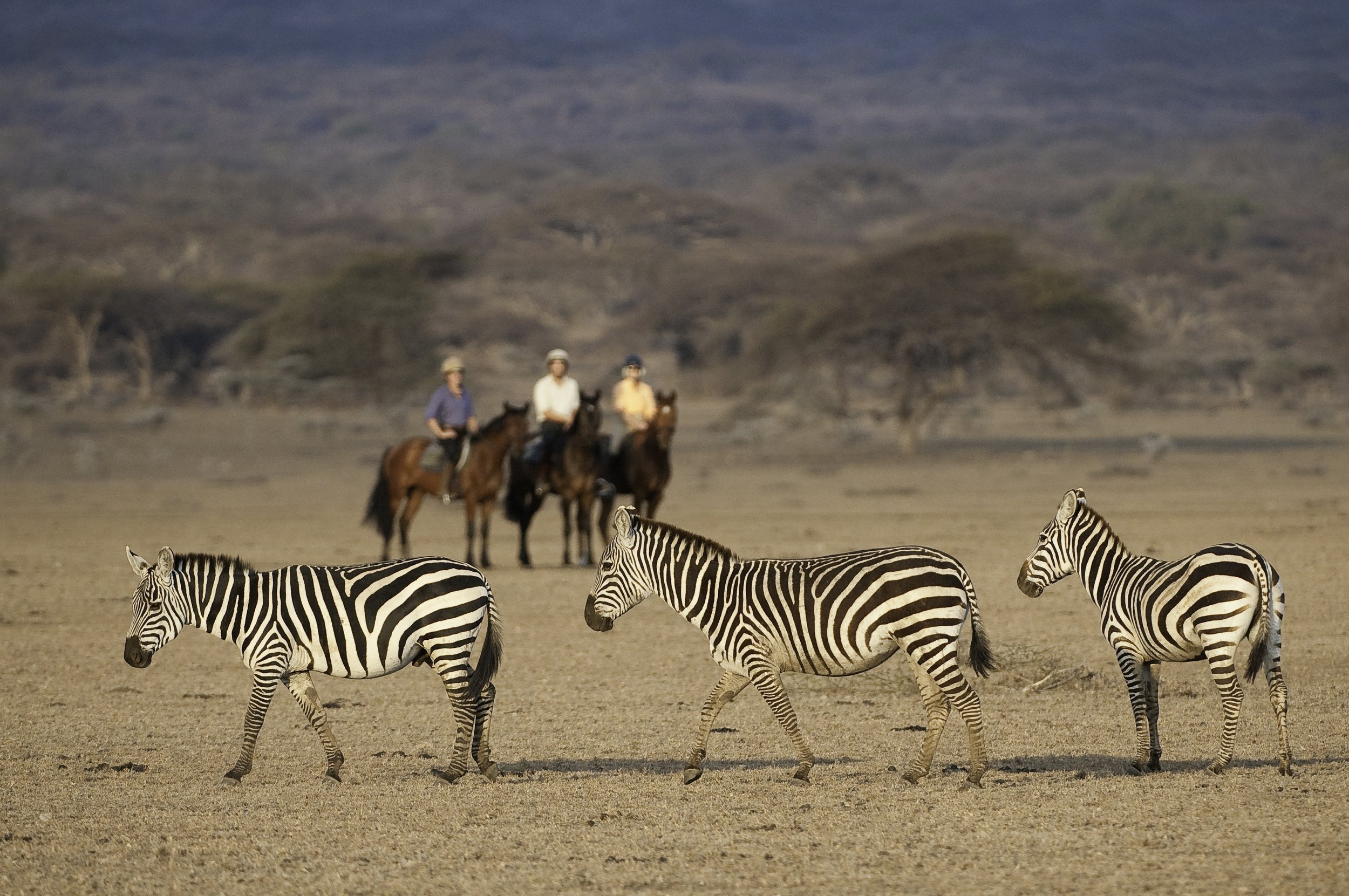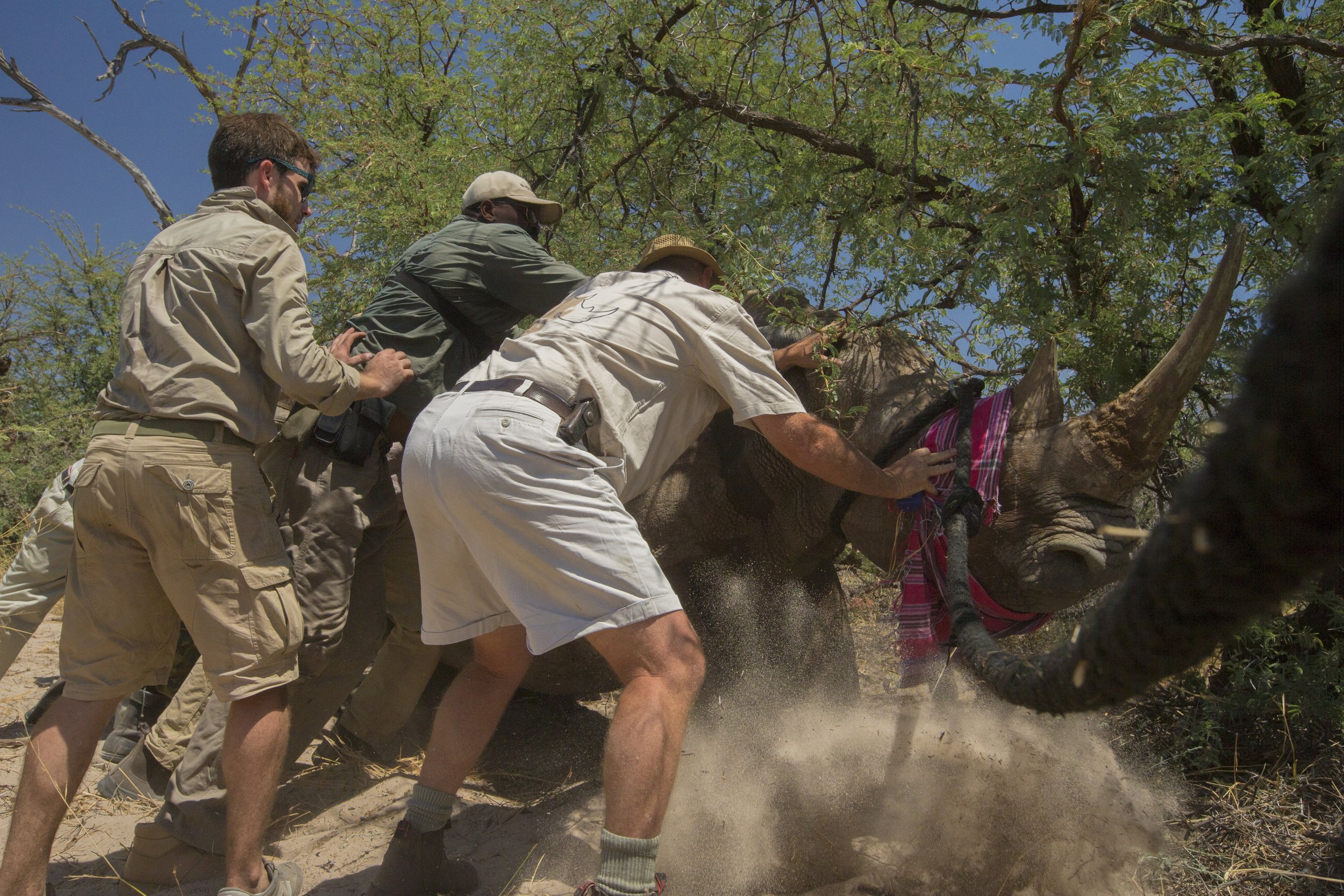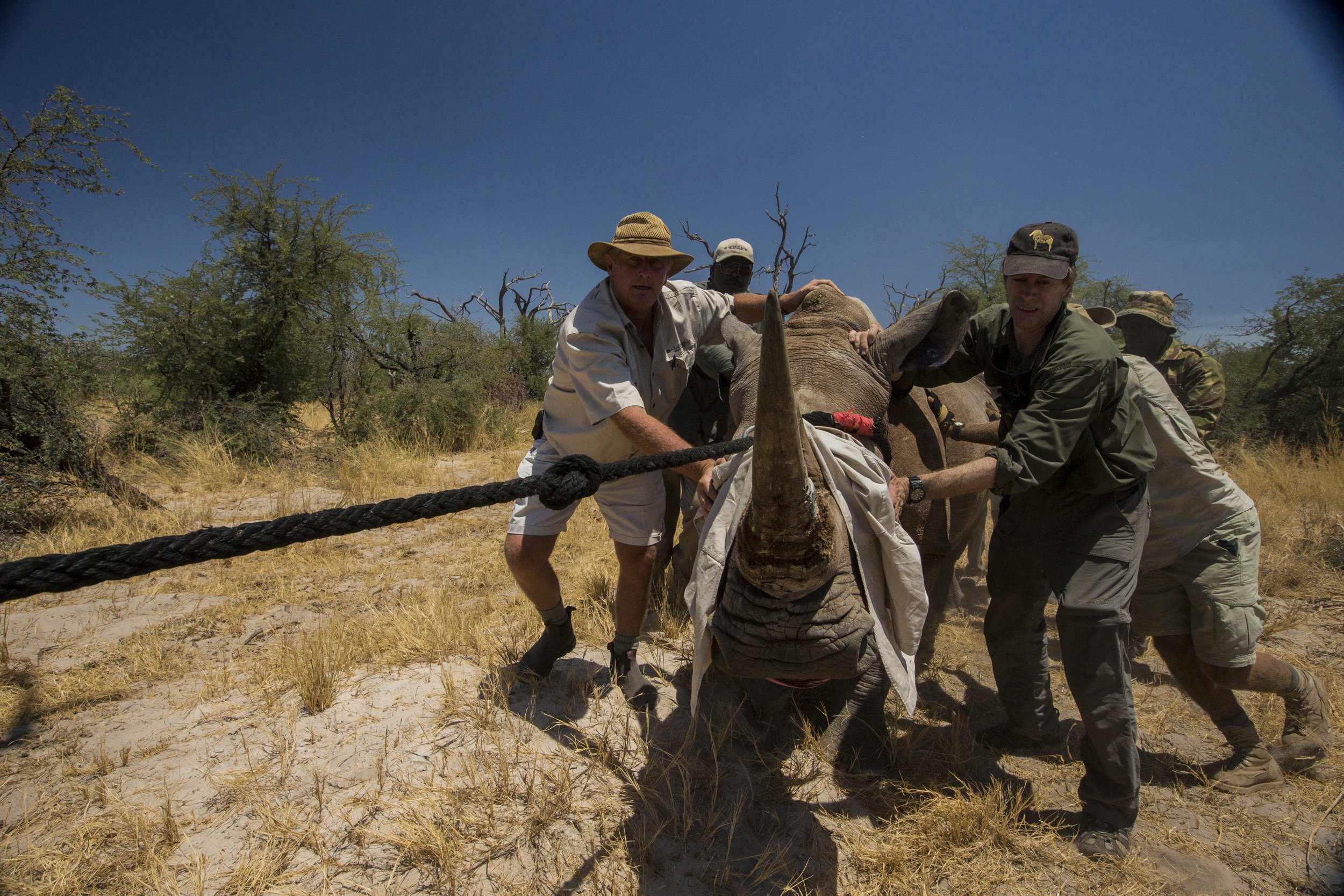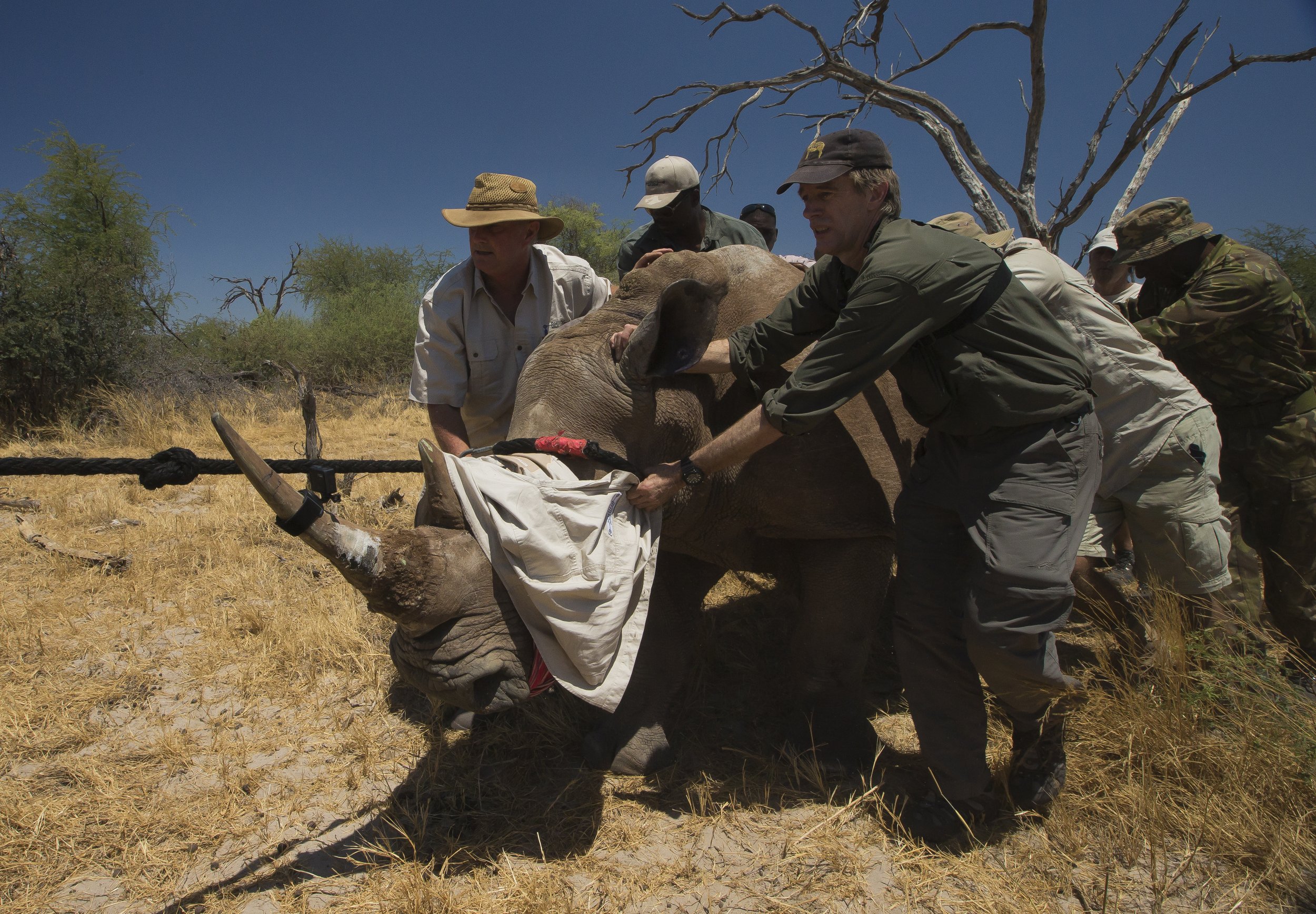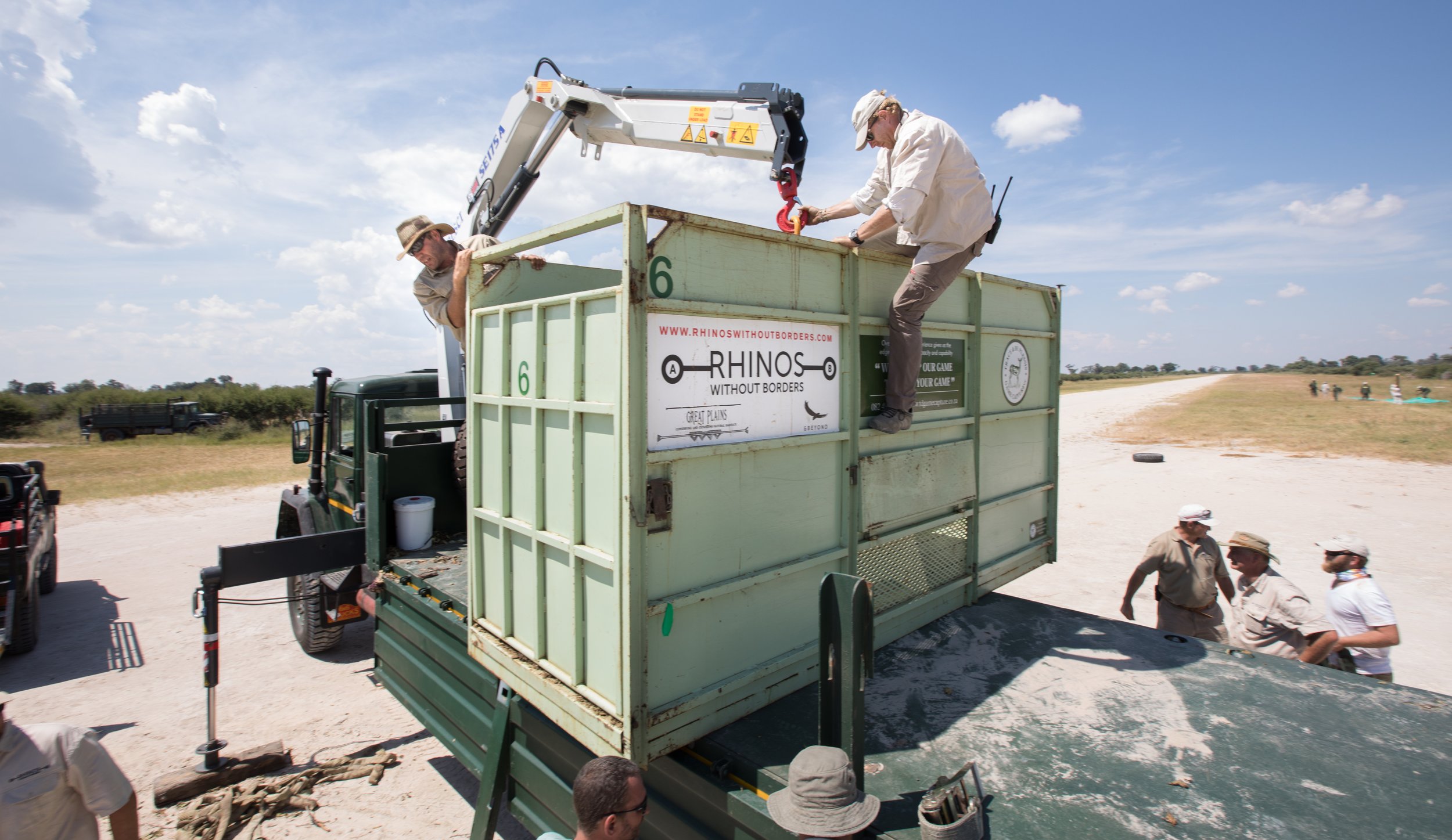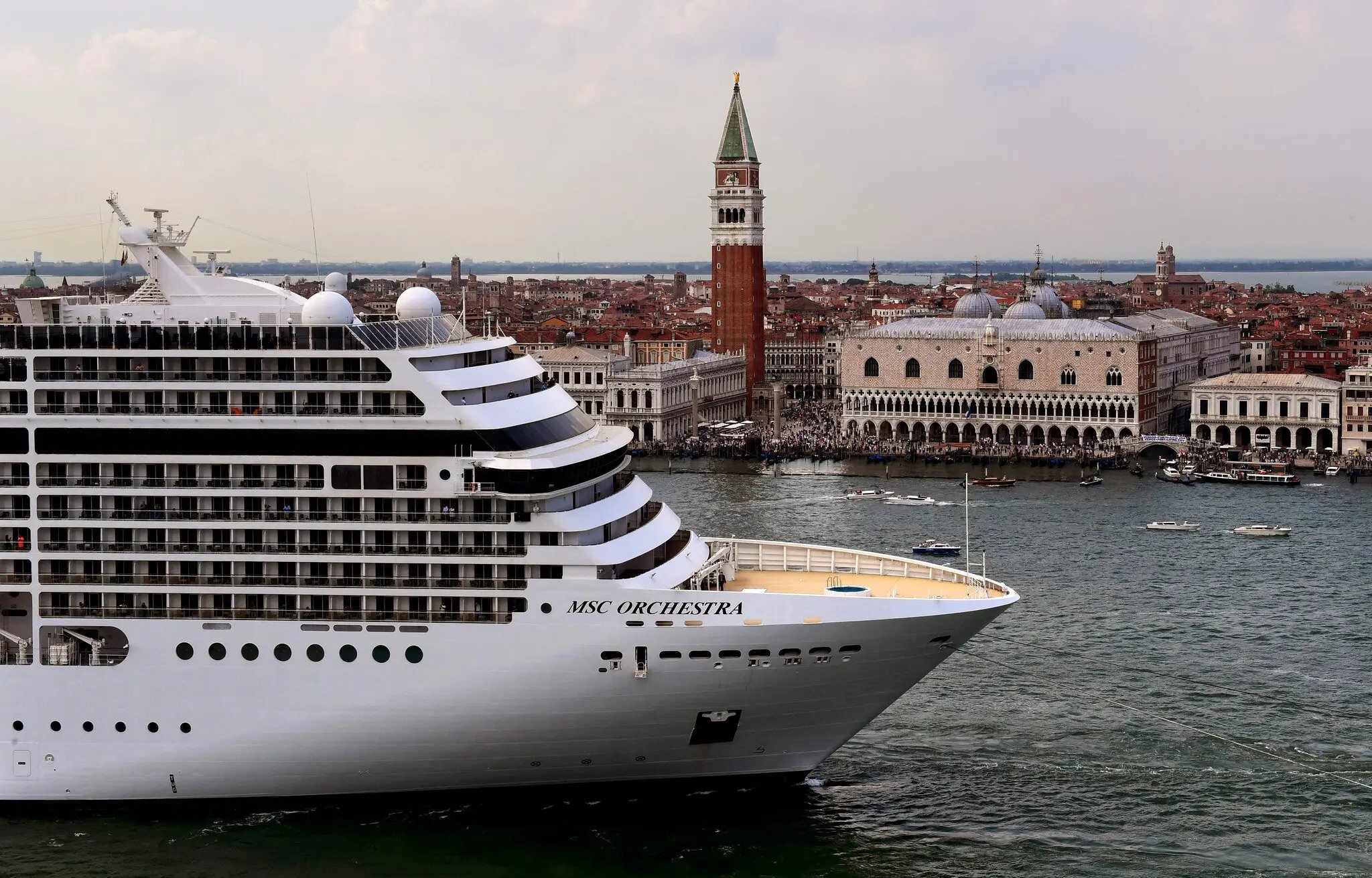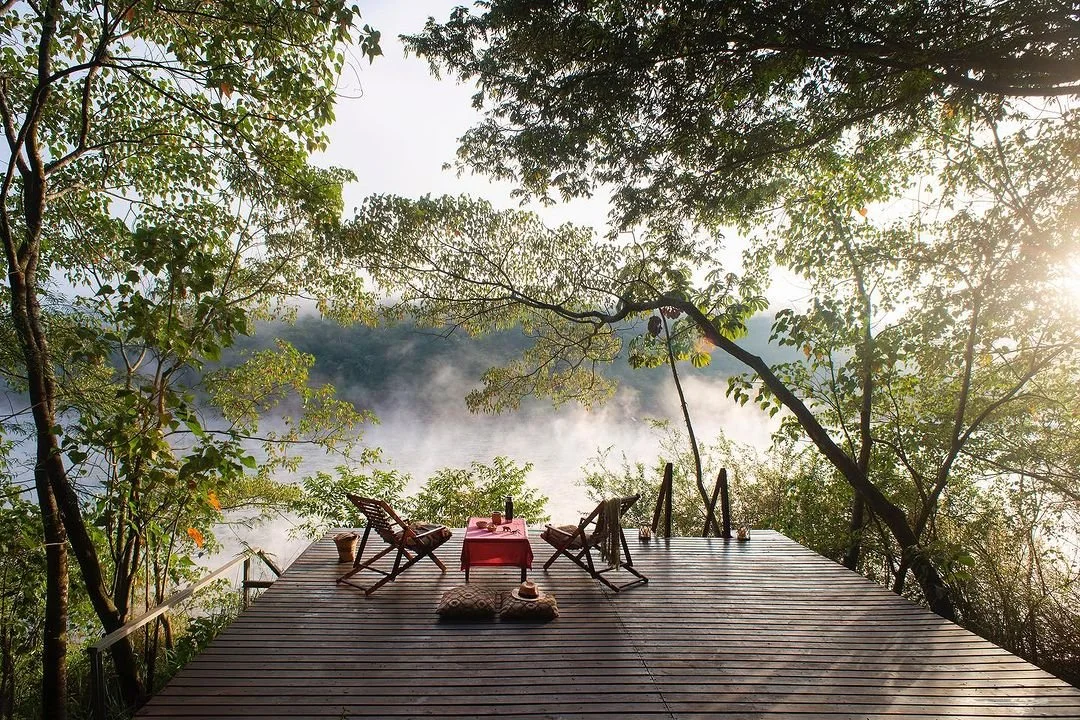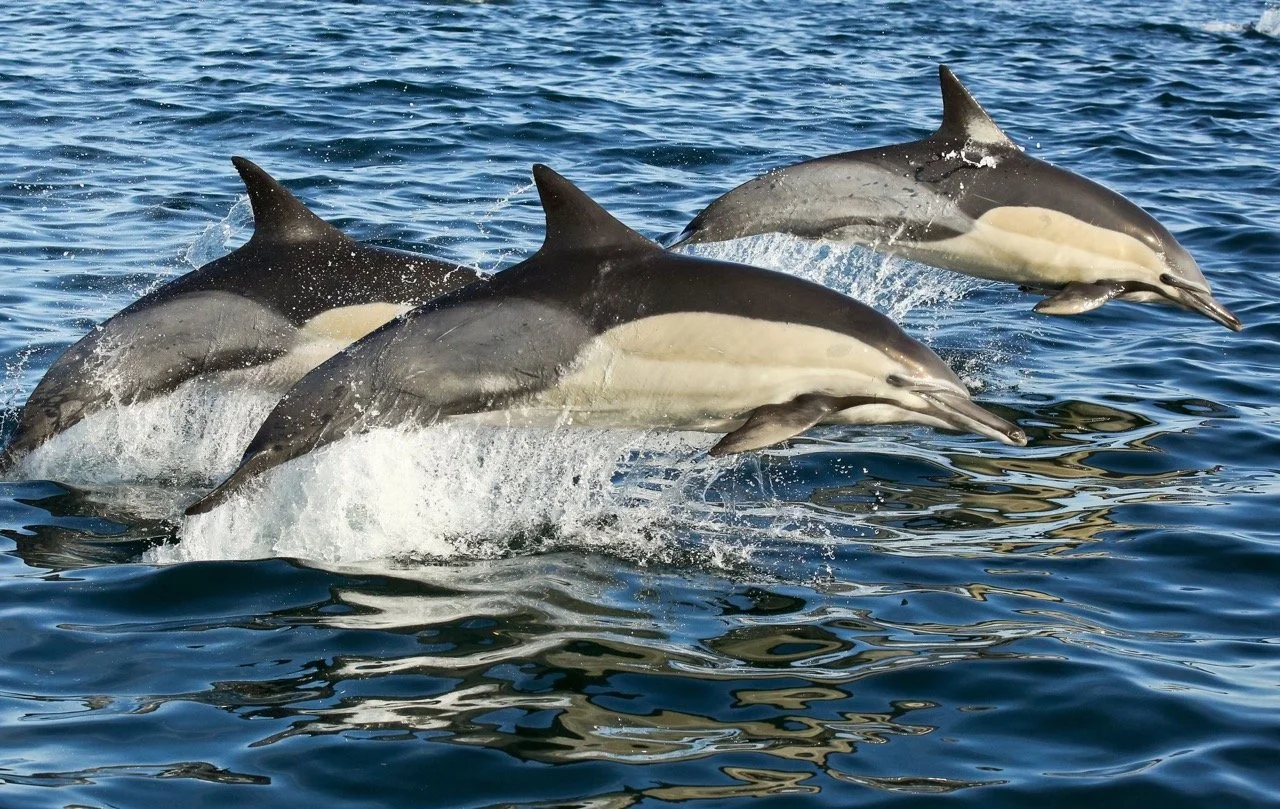— With exclusive inputs from Mr Dereck Joubert, Filmmaker, Conservationist and the founder of Great Plains Foundation
In the world of wildlife conservation, filmmaker and conservationist Mr. Dereck Joubert shines as a beacon of hope and change. Since the 1980s, Dereck has chronicled the awe-inspiring stories of life and death on Africa's expansive plains, initially drawn to the enigmatic world of lions. His journey, ignited by a chance encounter with a film camera, later led him to become a distinguished figure at National Geographic. Mr. Joubert's legacy extends far beyond cinematic excellence. In 2006, together with his partner, Beverly he embarked on a mission to safeguard Africa's precious wilderness. Their brainchild, Great Plains Conservation, has evolved into an exceptional collection of 14 pristine safari properties spanning Kenya, Botswana, and Zimbabwe.
At its heart lies the profound synergy between eco-tourism and conservation. The Great Plains Foundation, an associated charity, champions the safeguarding of Africa's landscapes, wildlife, and the communities interwoven with these ecosystems. Initiatives like the Great Plains Big Cats Initiative and Rhinos Without Borders mirror Dereck's unwavering commitment to eco-tourism as a potent weapon against poaching and habitat loss.
In this exclusive interview, Dereck Joubert delves into the vital connection between tourism and the preservation of Africa's natural wonders. Discover the transformative power of responsible tourism as he shares insights on how it serves as a bulwark against poaching, ensuring Africa's iconic species thrive amidst adversity.
PL: You started your career as a filmmaker with National Geographic. What inspired you to also get involved in tourism and conservation?
Dereck Joubert: What drives us is conservation. I actually started in science and research, studying lions, then found a film camera and its joys that led to Nat Geo, but conservation remained a core interest. Through our films, we speak of conservation, often to millions of people, but at some point, despite that, I noted that big cat numbers were still in decline. We started the Big Cats Initiative to do something more about that and quickly decided that saving one lion at a time while it was the land that they lived on was more important. So we created Great Plains to acquire and manage wildlands, and then to help pay for that, we invited travellers to share those costs, and our safari business began.
PL: How do you think tourism and conservation are linked?
Dereck Joubert: A quick review of what happened during the pandemic points directly to this. When all travel stopped, conservation and its funding virtually stopped around the world and in Africa, we were hit hard with poachers filling into vacuums created by tourism lockdowns. We responded and created Project Ranger to raise money and fund rangers who had also been laid off through the pandemic and managed to distribute about $2M (US) Tourism is that presence on the ground, but it is also where many levels of additional funding comes from guests who visit us. We charge a conservation levy, for example, but many of our guests want to leave something more behind. Of course, this refers to high-end tourism, to people with disposable income, not budget travellers who will struggle to donate. But tourism goes further. It creates jobs and meaningful employment where otherwise the jobless live off the land. It creates wildlife ambassadors as those employed people return home and speak of wildlife as giving them work. It is, in my opinion, the most powerful economic driver for maintaining natural ecosystems.
PL: The Recovery of Lions Populations at Selinda Reserve is one of the most inspiring stories we've ever heard. Can you share a bit more about how big cat numbers recovered in this ecosystem?
Dereck Joubert: Yes, it is a testament to stopping abuse and killing, chasing and hunting, something that was banned in India many decades ago but still exists in many parts of Africa. It is simple. Where people hunt lions there are fewer of them! It doesn’t seem terribly difficult to comprehend but lobbyists try to tell us that hunting is conservation. Selidna is a great test case, not just for cats, but for elephants, buffalo and all previously hunted species. We lived in Selinda for years, during the hunting era and the stress and anxiety of animals was palpable. Today they are calm and approachable. We do not know what damage we do.
PL: The Sapi Reserve is in many ways where the Selinda Reserve was at the beginning of its conservation journey. What goes into rewilding a 290,000-acre concession, and what makes this region so unique?
Dereck Joubert: There are hundreds of moving parts to any wildlife translocation or rewilding, most notably around taking care of the safety of the animals. It involves helicopters to identify herds, to make sure no elephant is left behind from its family, and to dart effectively. Then trucks and vets go in to secure the safety of the animals load them and make sure they aren’t harmed along the 22-hour journey. Even national roads need to be repaired in some cases. It involves about 100 people on both ends. But in this case, SAPI is special because it is in the Mana Pools ecosystem, with water, and riverine forests but low wildlife numbers due to decades of hunting. We are simply adjusting the clock, back to a time when nature was pristine.
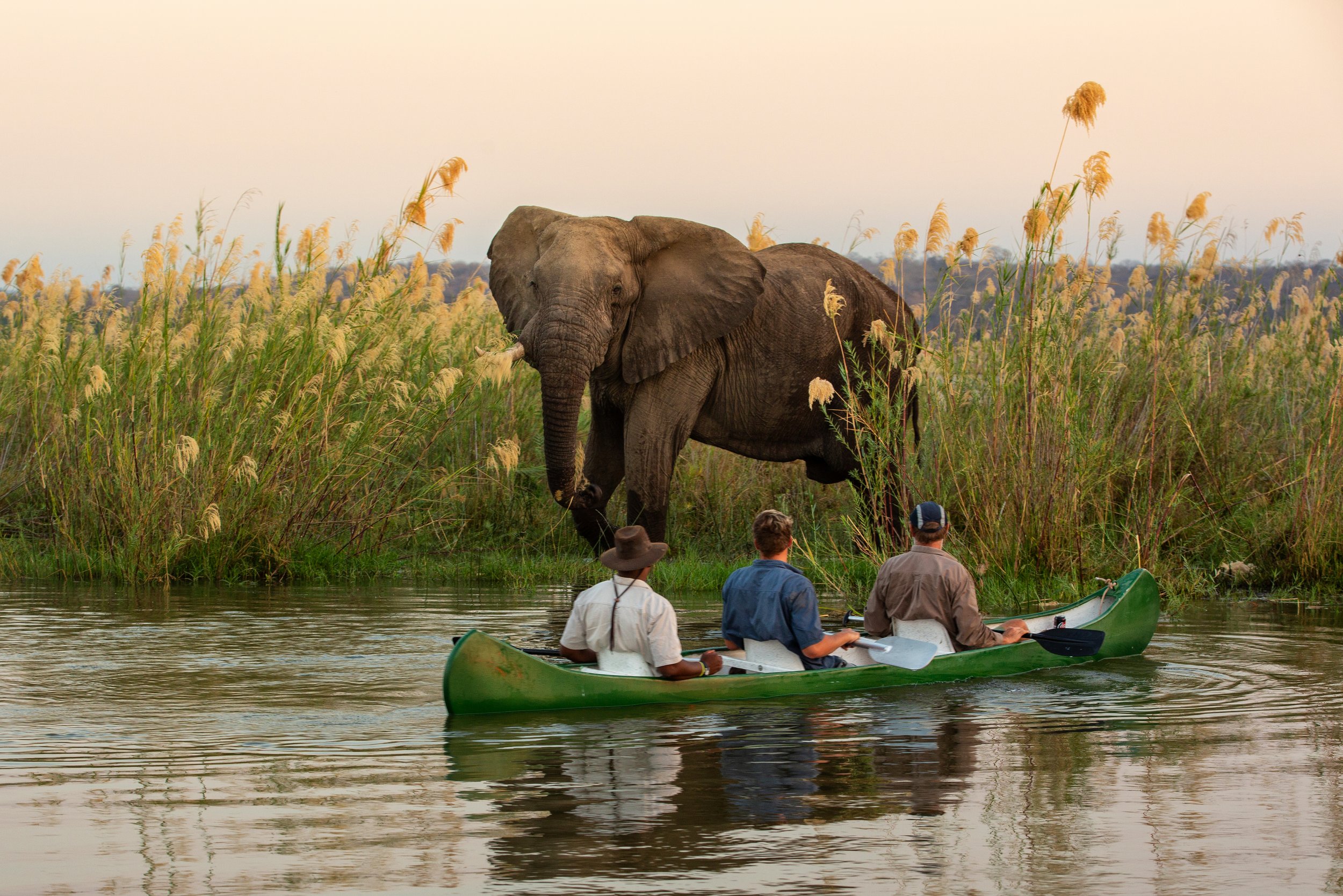
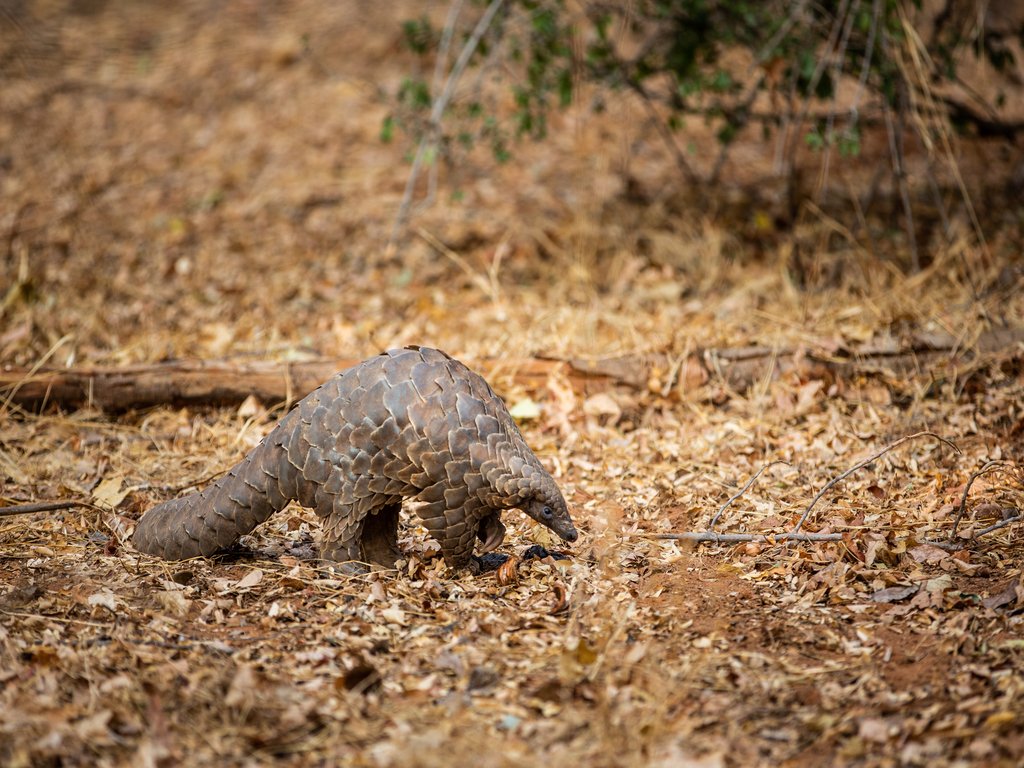
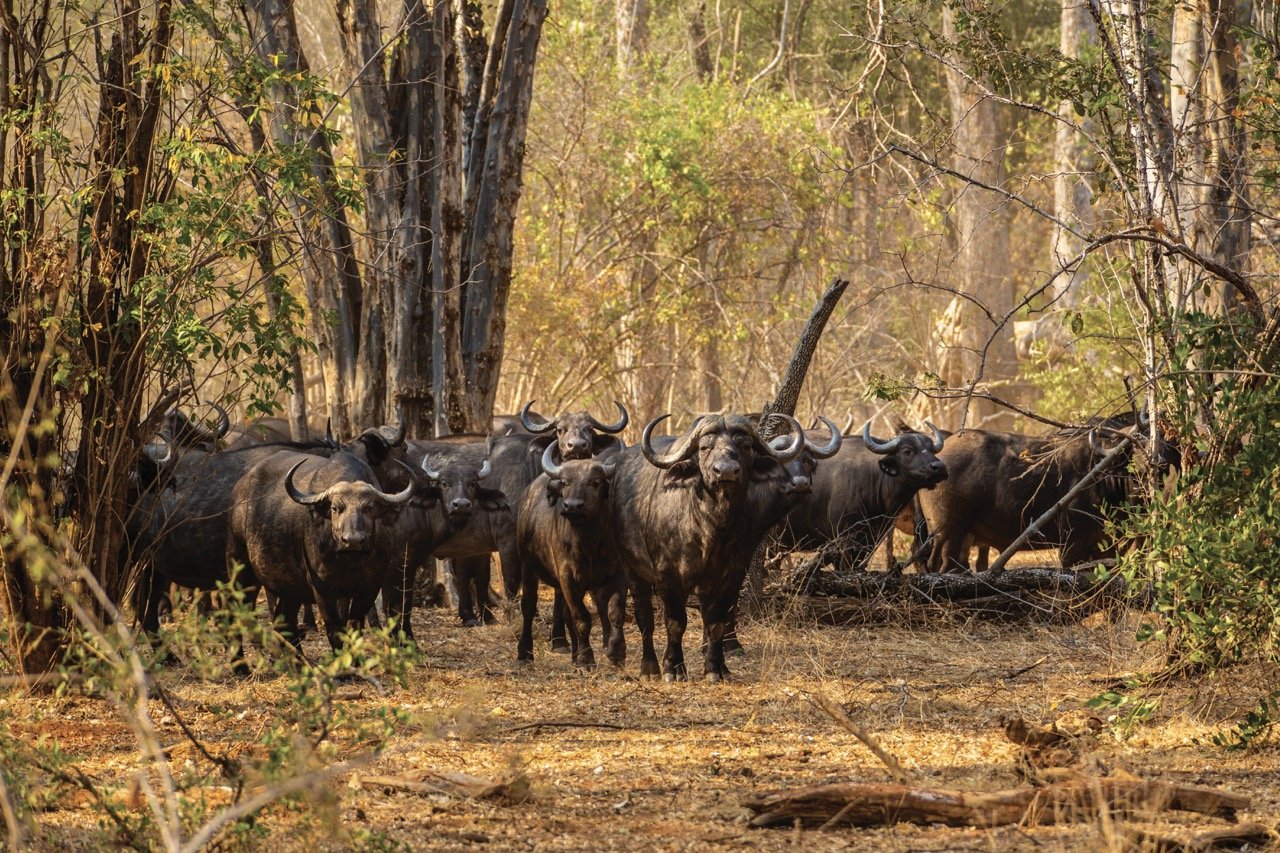
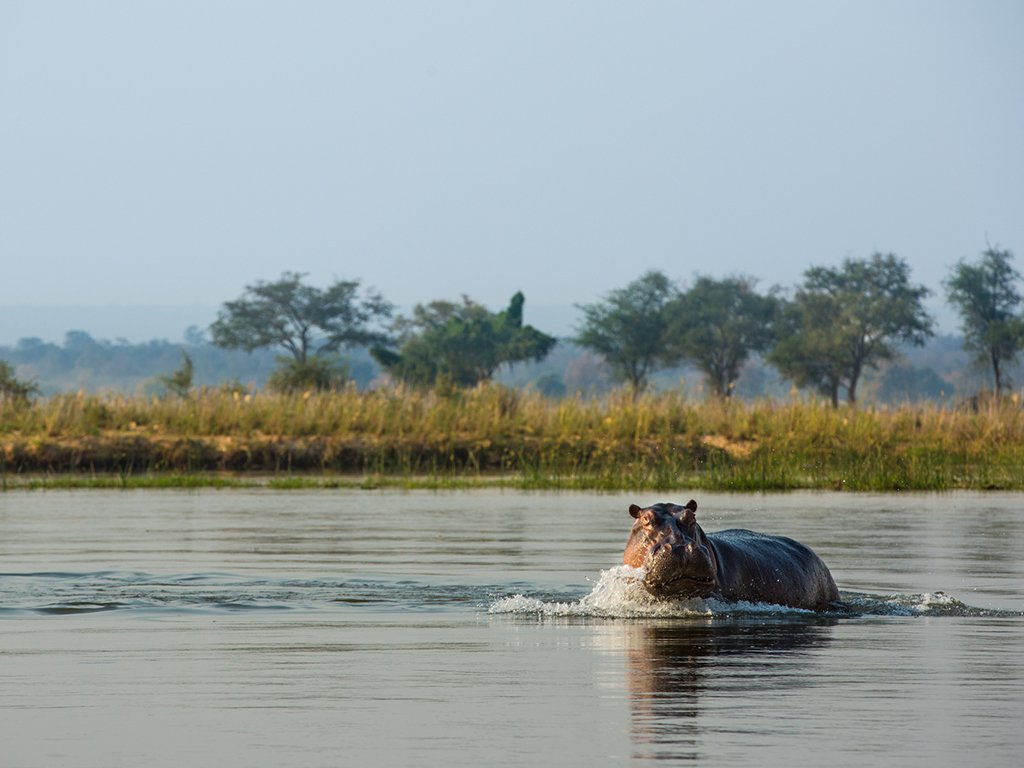
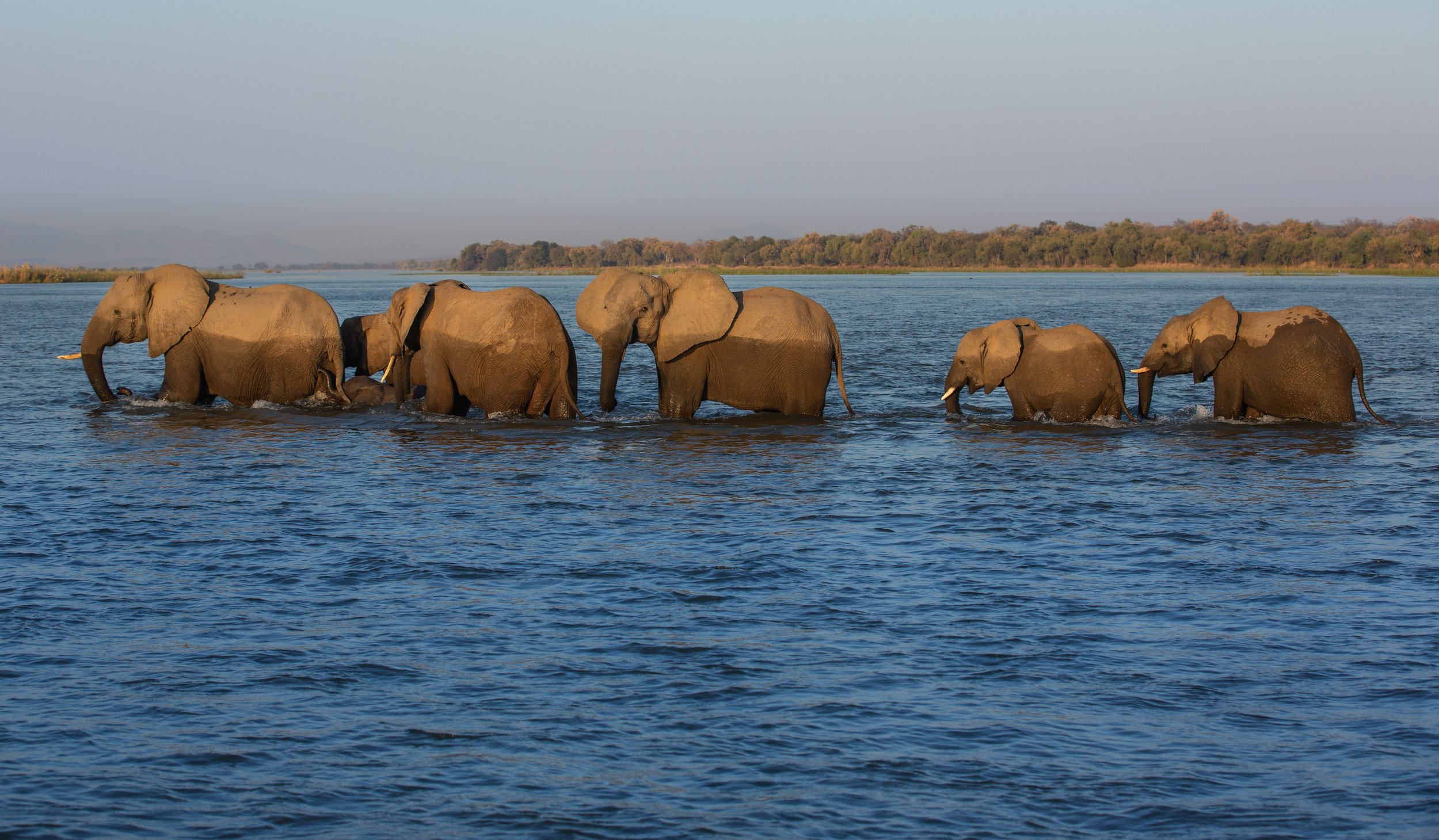
PL: Another really inspirational project of Great Plains is Rhinos Without Borders. What sort of impact has that had?
Dereck Joubert: You can't look away when 1215 rhinos are being killed by poachers each year. If we did we’d be implicit in that crime! So committing to move up to 100 rhinos (we got to 87 and from those we have had 70 babies) we have created a new narrative for those rhinos, where we only took from highly poached areas where their destiny was due to be over. We gave them a second chance.
PL: On a more tourism-focused note, what is your recommendation to travellers planning their first African safari?
Dereck Joubert: First, would be to go to two or three of our Kenyan camps, Mara Plains, Ol Donyo Lodge or Mara Nyika. But the second would be to go to Selinda and Duba Plains in Botswana. If you get this the other way around it will be as rewarding, and each of our camps is created for the first-time safari goer (I envy them, by the way) or the seasoned (or hooked) travellers.
Dereck Joubert's unwavering commitment to wildlife conservation is an inspiration to us all, reminding us that we too can be guardians of the wild. Together, we can protect and preserve the wonders of Africa's wilderness by travelling more mindfully and respecting the course of nature.
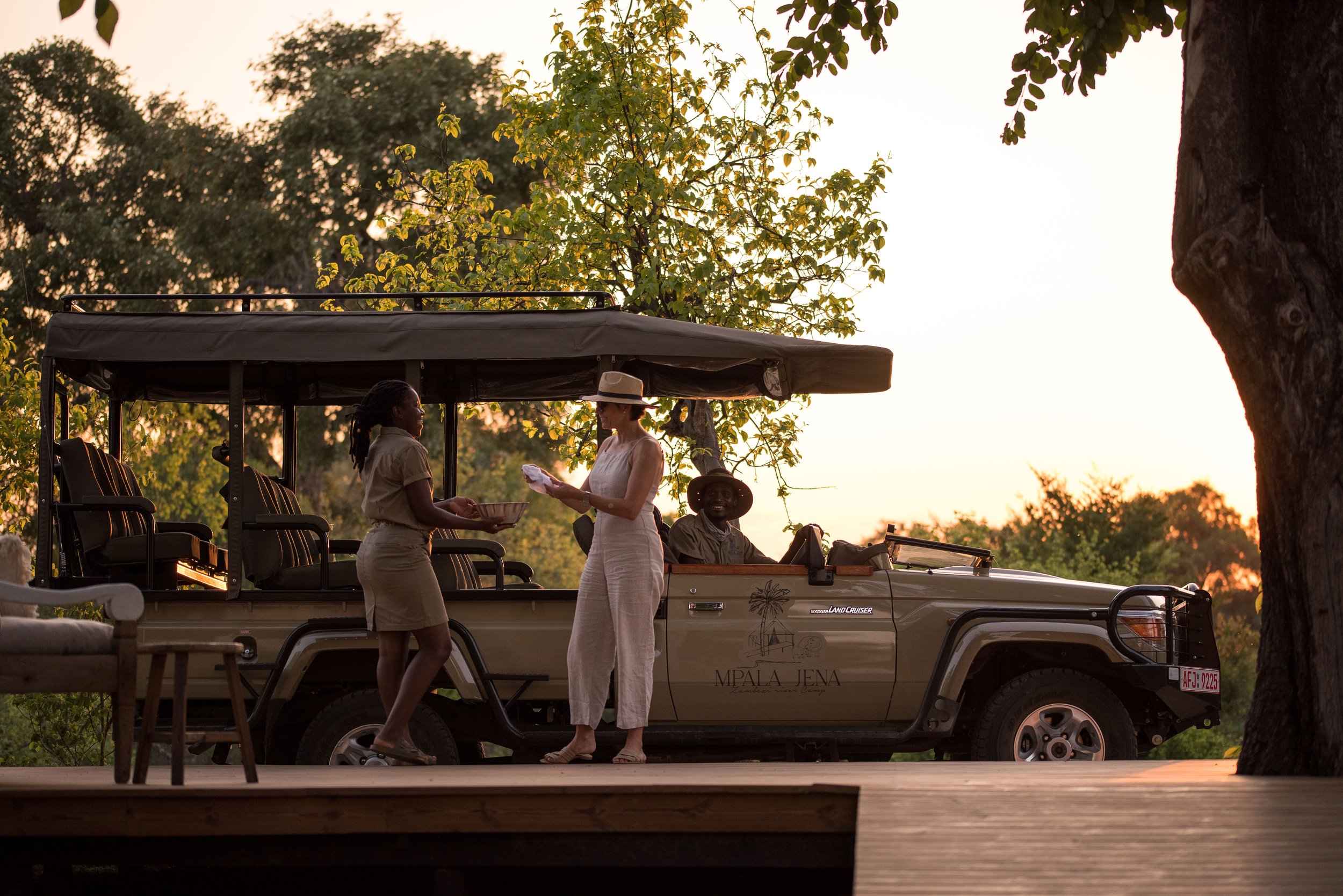
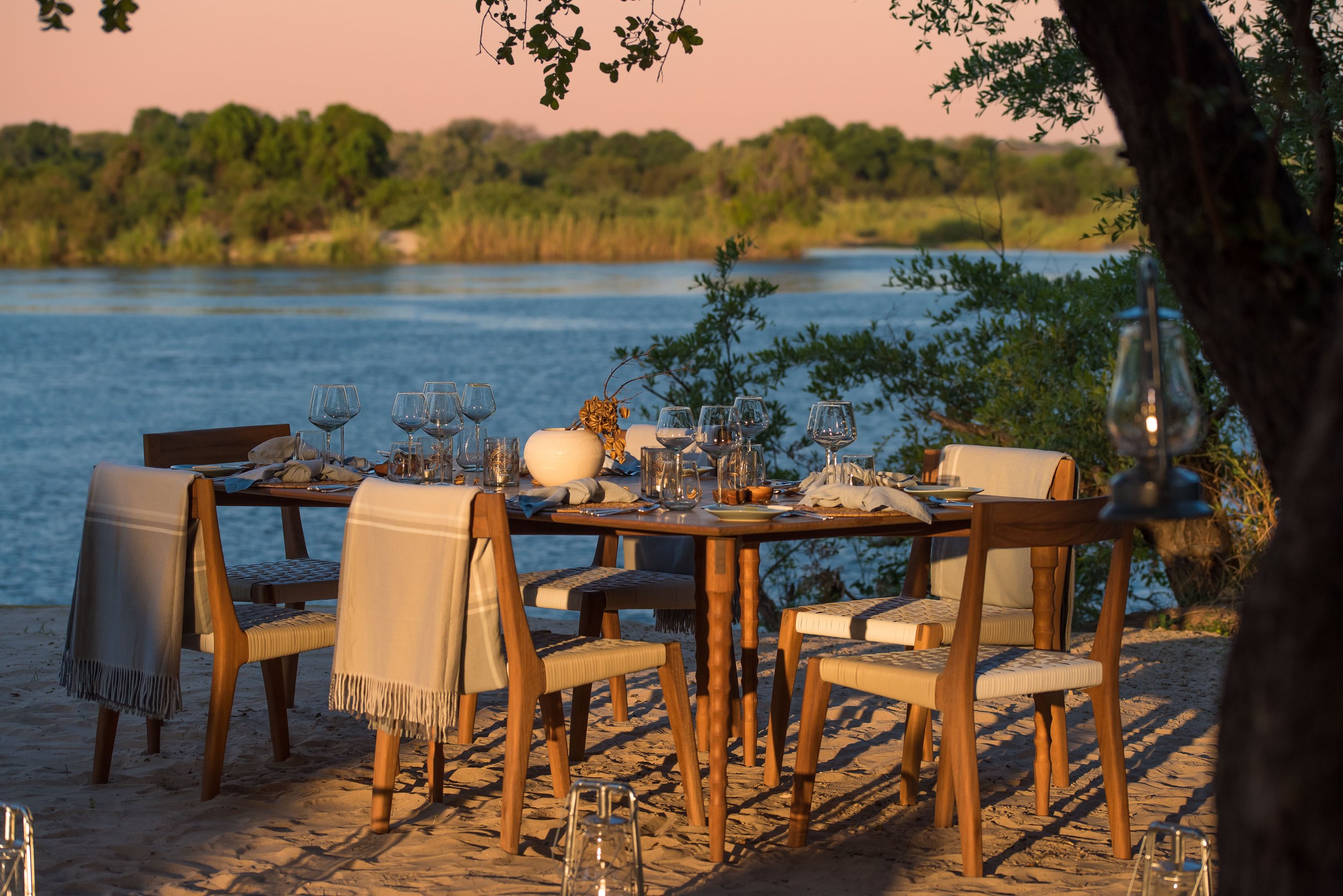
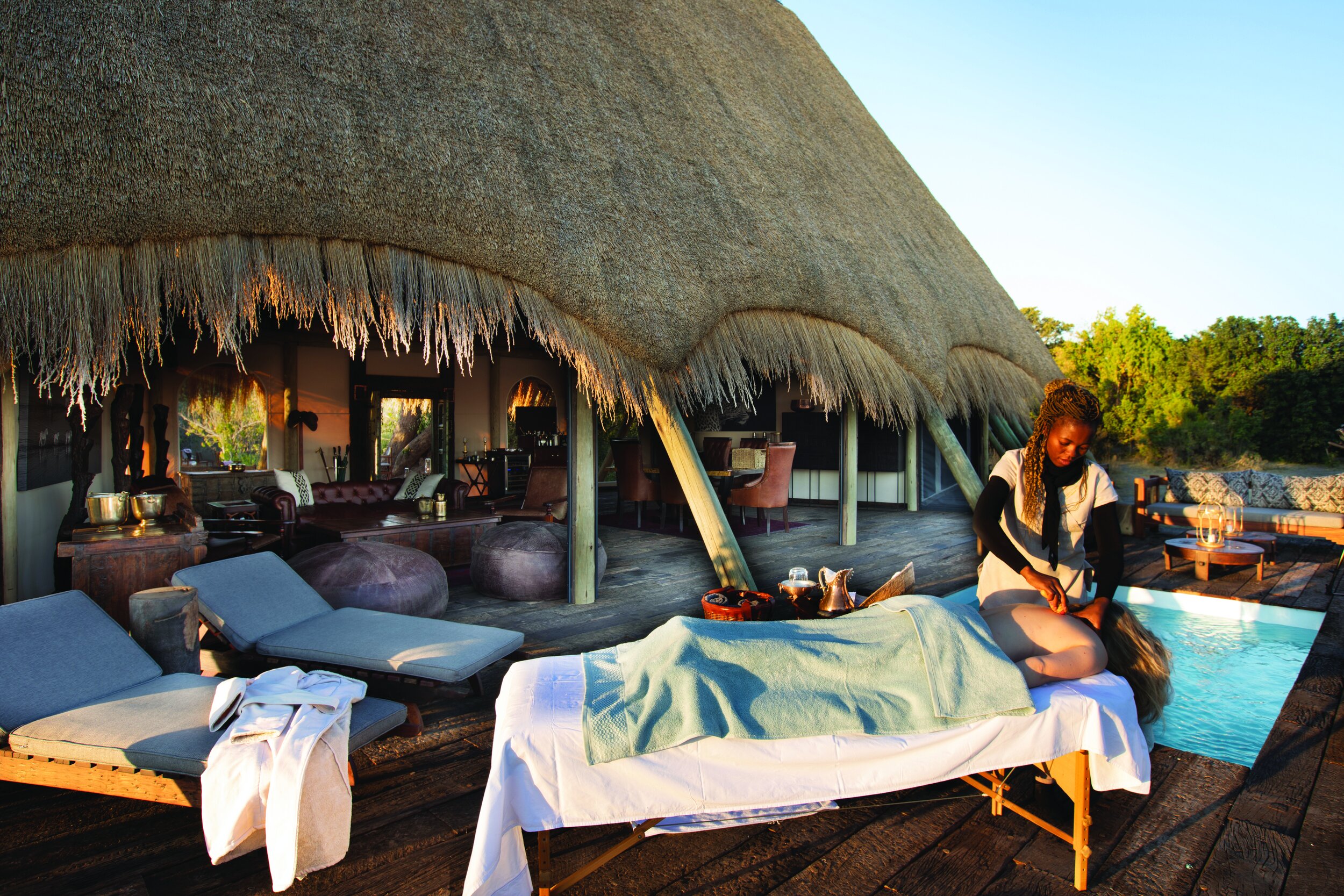
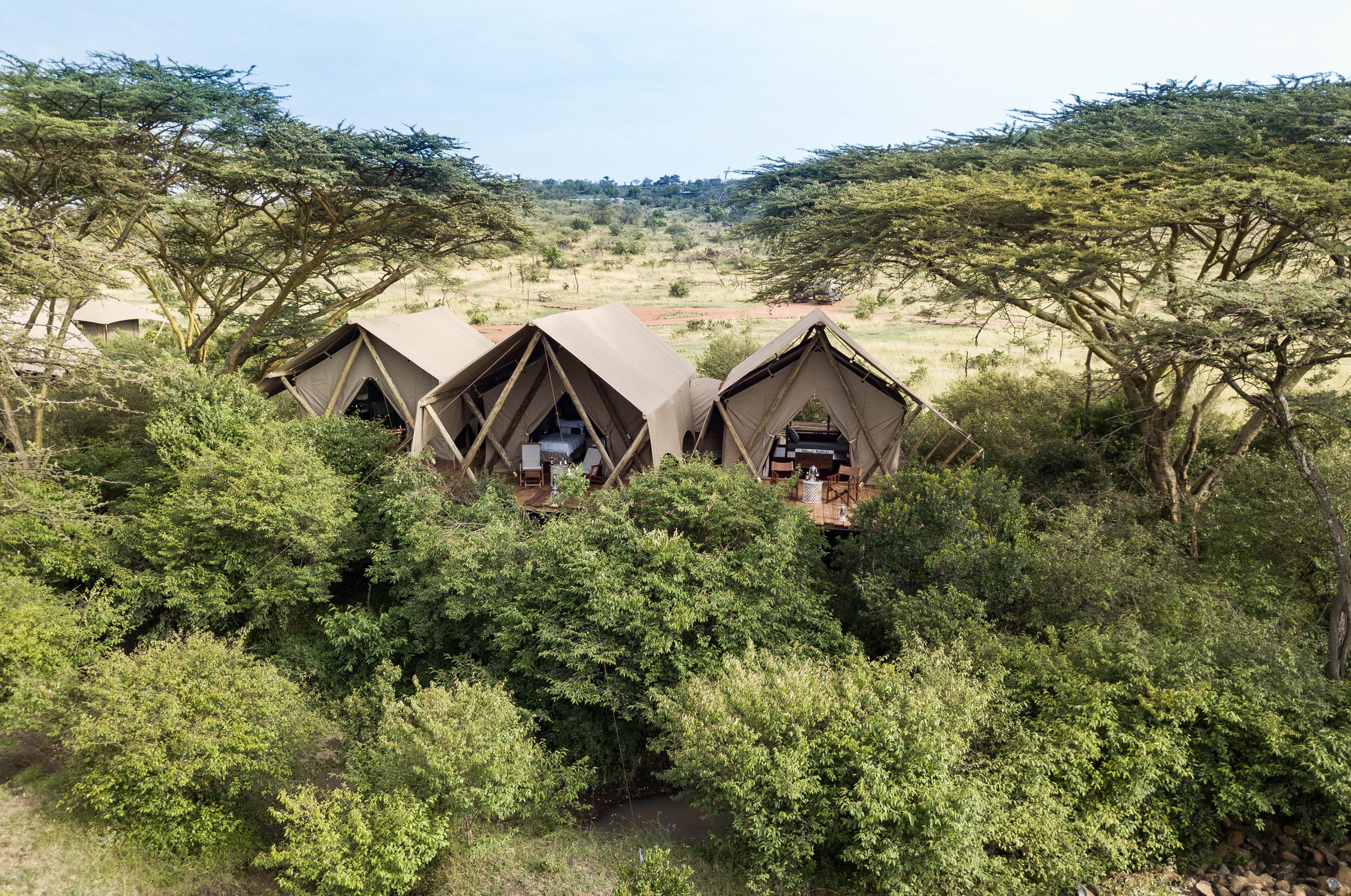
Great Plains has also recently introduced the Réserve-Collection Safari Camp on the Sitatunga Private Island, which embodies sustainable luxury in the Okavango Delta, which stands as one of Africa's last untouched havens boasting pristine and abundant wilderness. This eco-conscious retreat, constructed from recycled materials, offers a 'slow safari' experience for a maximum of eight guests, combining exclusivity with an authentic Robinson Crusoe-inspired adventure. It's a place where luxury and nature conservation meet, providing a unique and unforgettable escape in the heart of Botswana's wilderness.
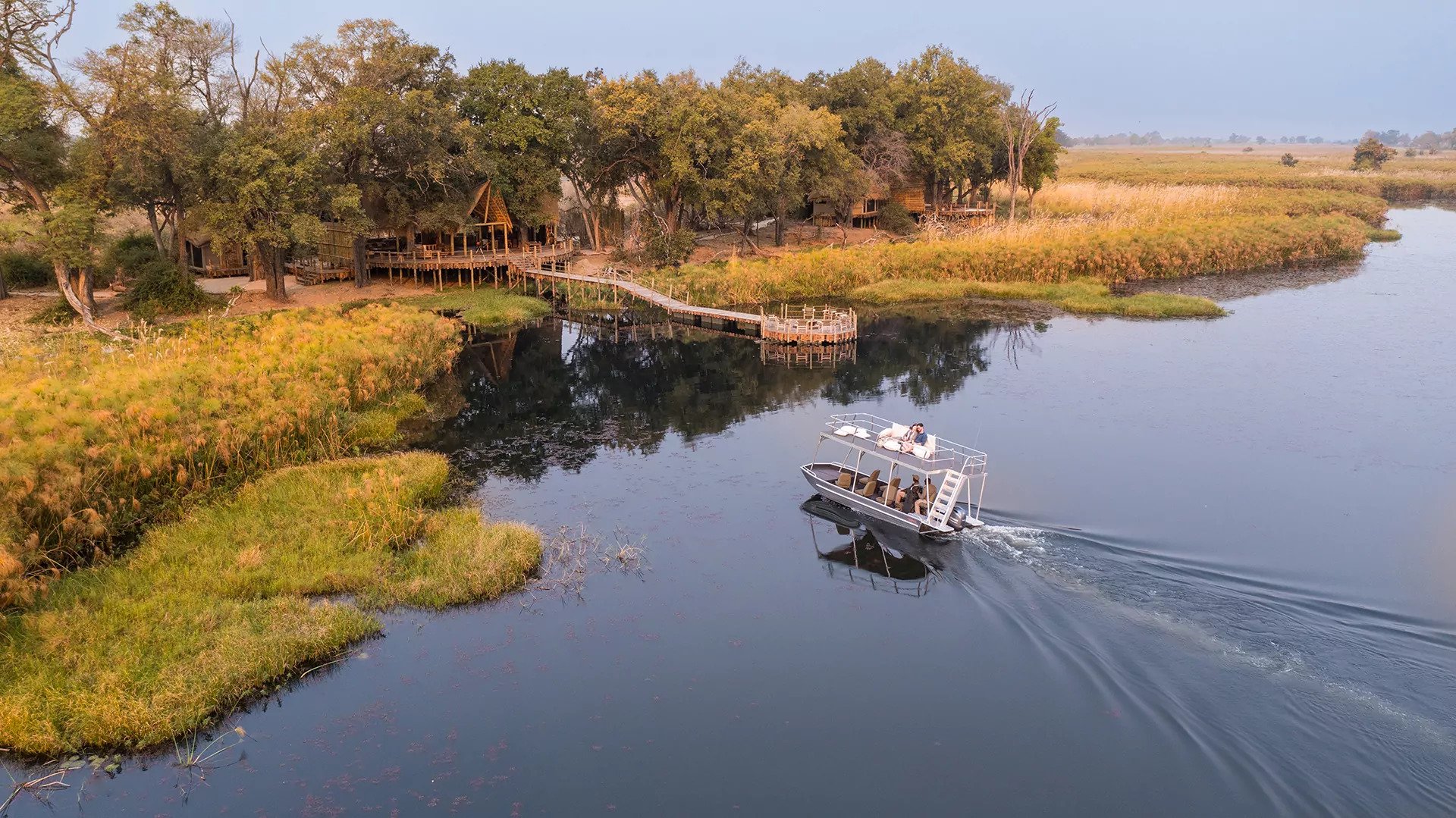
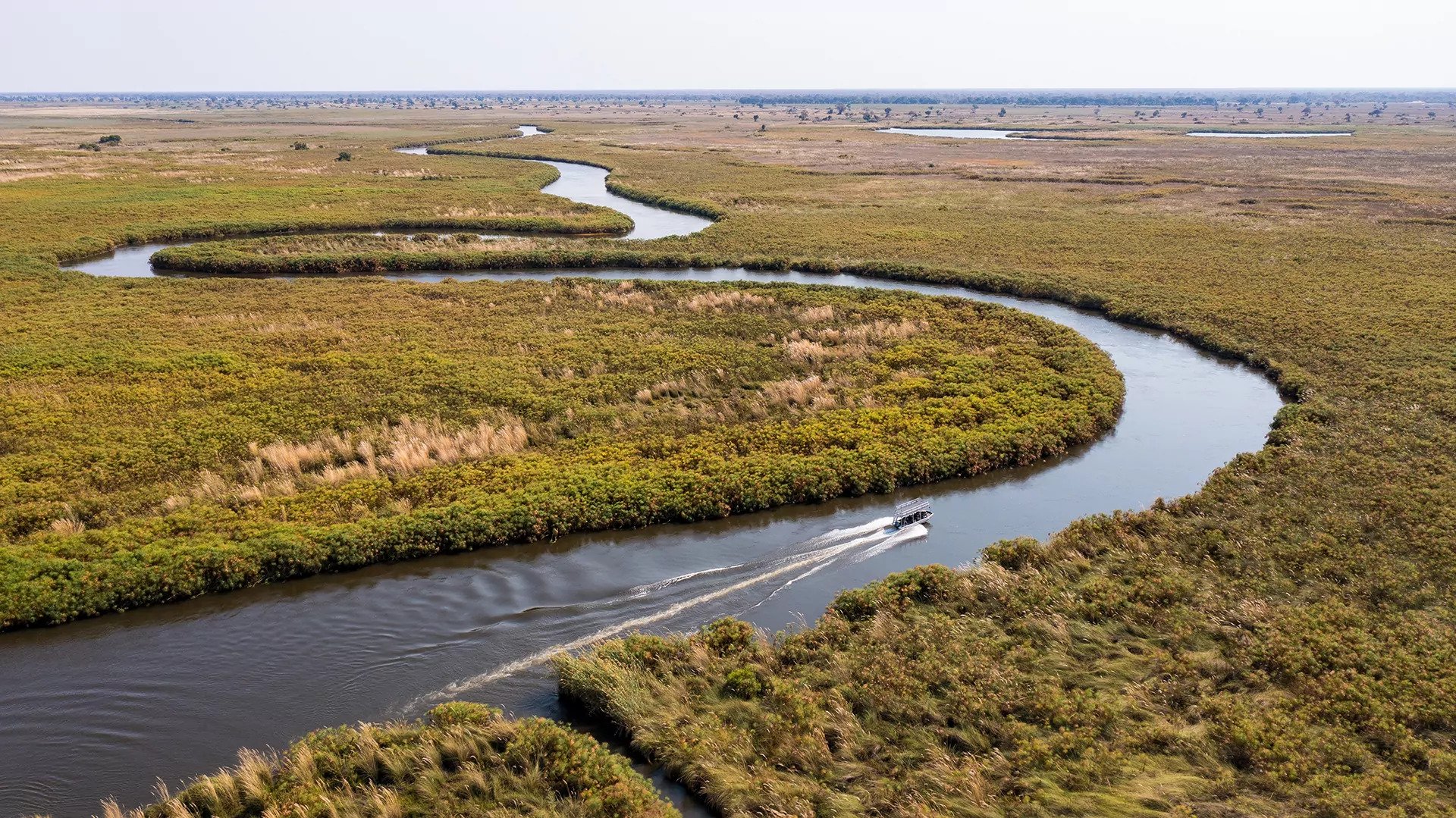
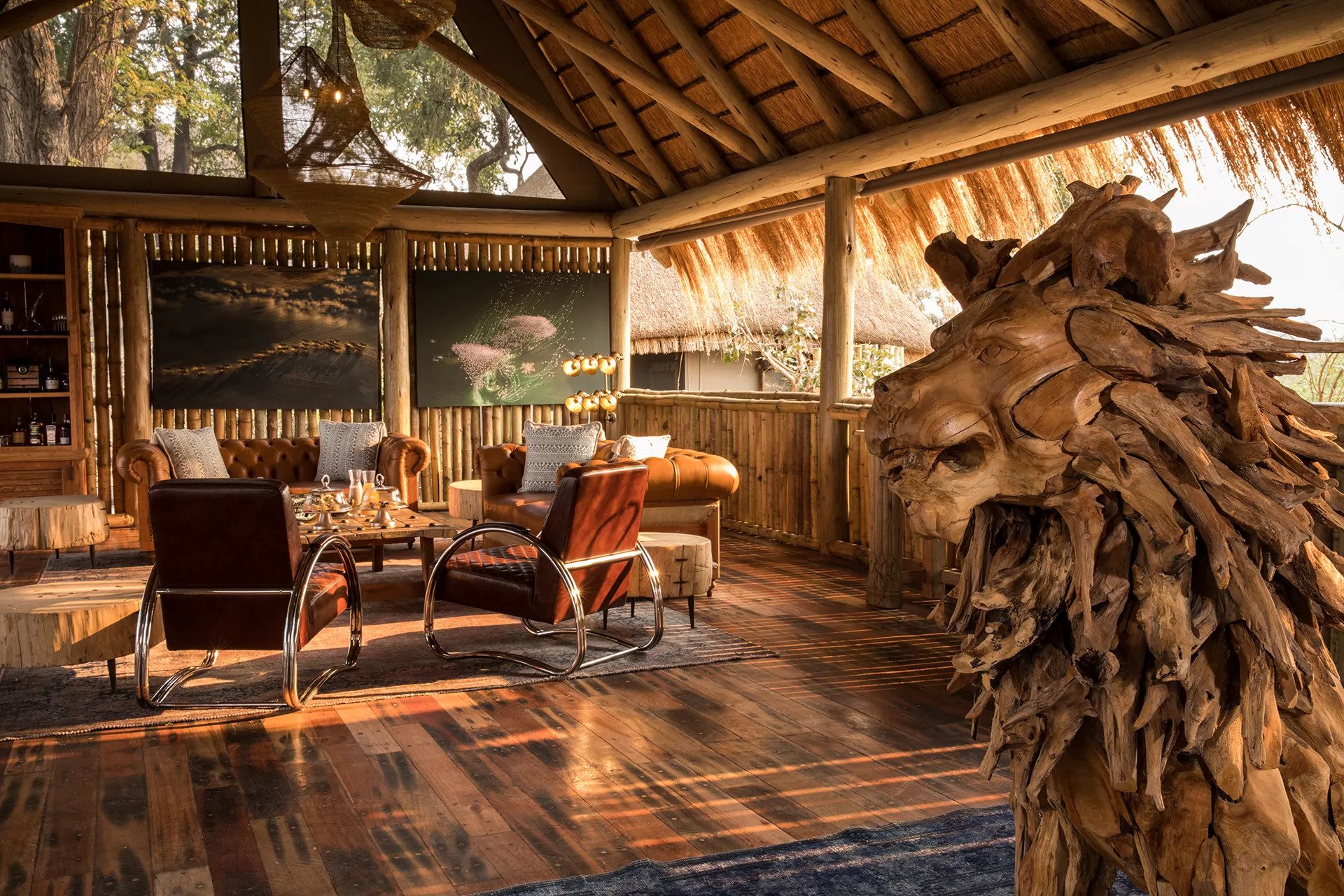
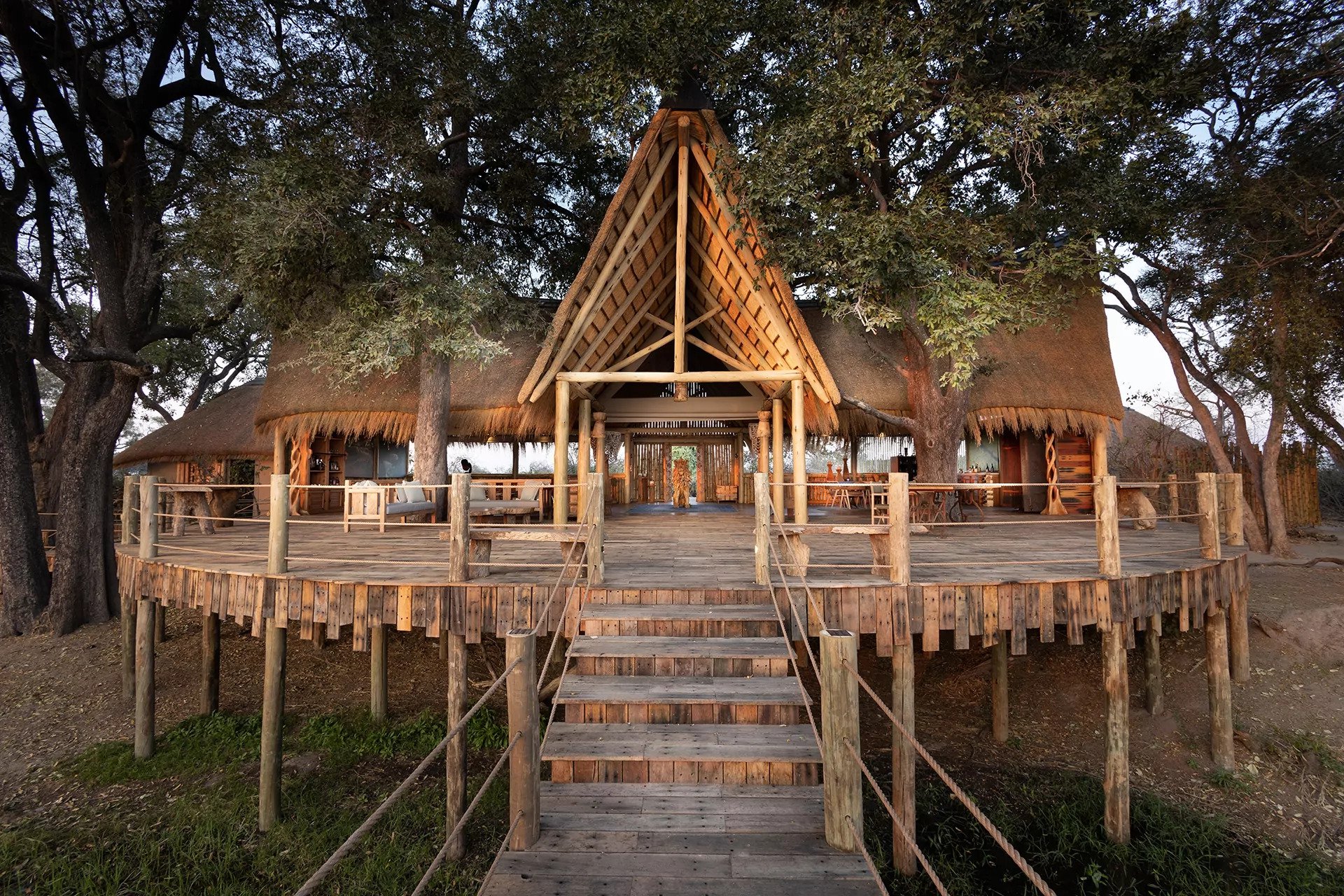
Dereck Joubert elaborates, “Sitatunga Private Island is unlike any other Great Plains property, pushing the eco-design boundary in a remote region in Botswana whilst also offering the highest level of hospitality and accommodation. It is also one of the few locations in the world where one can still see sitatunga, the rare aquatic antelope, from camp and by boat, which is the main activity here, in addition to walking. I know our guests will enjoy every moment of it, as I do. Sitatunga Private Island is the perfect camp to slow down in, to walk, to get on the ever-soothing water.
Ready to embark on your own wildlife adventure? Contact us today to plan your unforgettable journey and be part of the conservation story.
Author: Bhavika Vallecha




